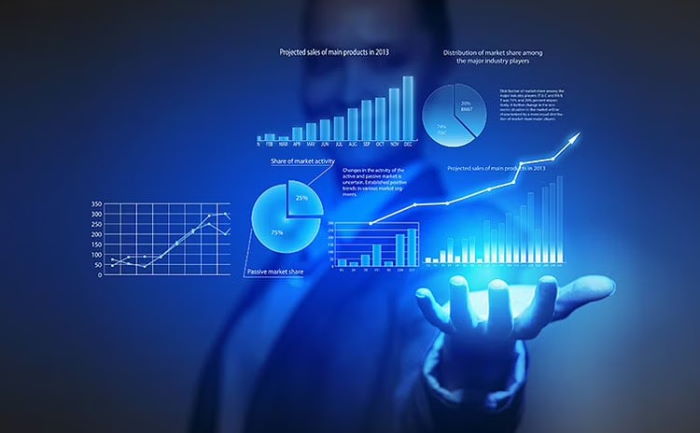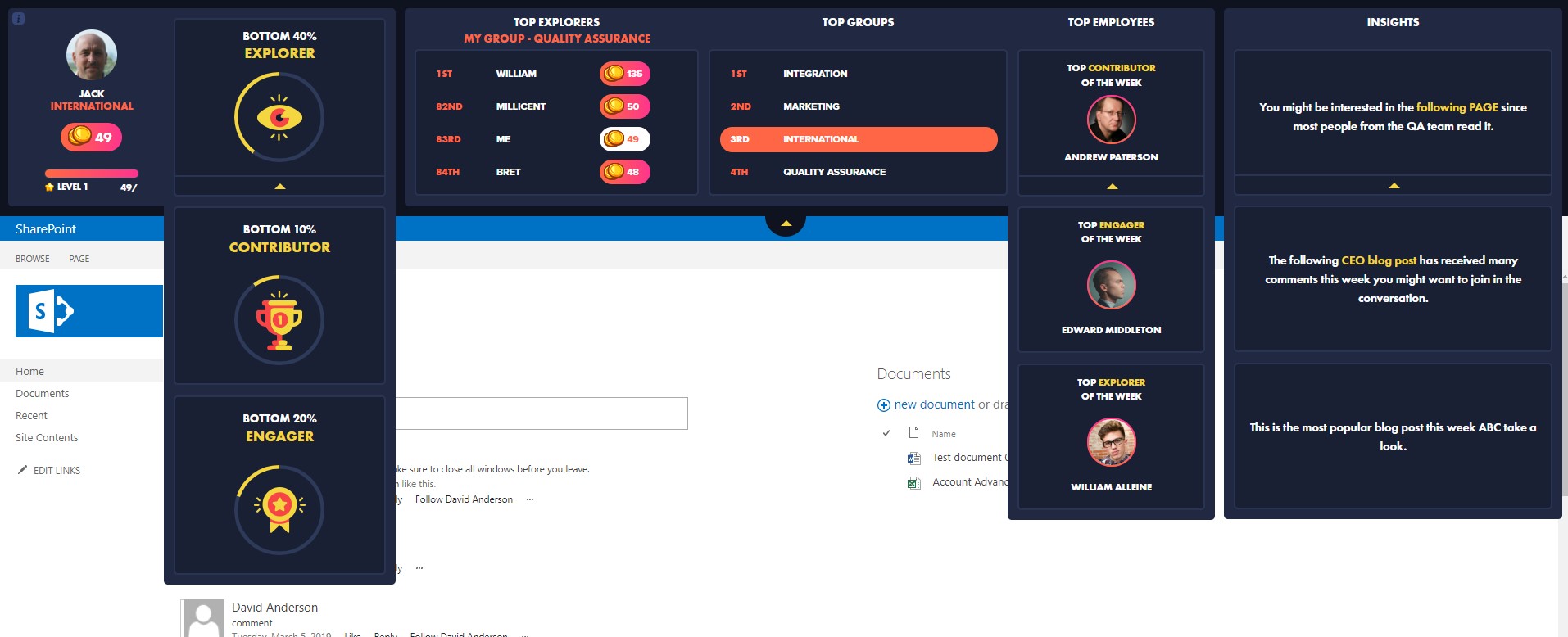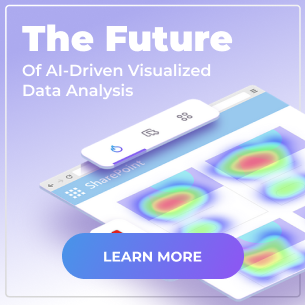In today’s data-driven world, businesses across industries are recognizing the immense value of data analytics. With the advent of artificial intelligence (AI) technology, analytics has become more sophisticated, enabling organizations to extract deeper insights and make informed decisions. In this article, we will explore the realm of AI analytics and its transformative impact on businesses. Specifically, we will delve into the importance of data analytics, predictive capabilities, analytical tools such as OLAP, the rise of AI tech giants like Microsoft, and the role of data analysts.
The Rise of AI Analytics:
As organizations amass vast amounts of data, traditional analytical methods may fall short in uncovering meaningful patterns and trends. This is where AI analytics steps in, combining the power of advanced algorithms with large-scale data processing capabilities. AI analytics leverages machine learning and deep learning techniques to extract insights from structured and unstructured data sources, enabling businesses to make data-driven decisions with higher accuracy and efficiency.
CardioLog Analytics: Empowering Businesses with Data Insights:
CardioLog Analytics has emerged as a prominent player in the realm of data analytics. With its comprehensive suite of tools, businesses can collect and analyze data from various sources, gaining valuable insights into user behavior, demographics, and engagement. The AI-powered features of CardioLog Analytics enable businesses to go beyond mere data reporting. Predictive analytics capabilities help organizations anticipate user actions, optimize marketing strategies, and enhance user experiences, ultimately driving growth and profitability.
The Importance of Data Analytics:
Data analytics has become a strategic imperative for businesses, regardless of their size or industry. By analyzing vast volumes of data, organizations can uncover patterns, identify customer preferences, and gain a competitive edge. With the ability to predict future trends, companies can proactively tailor their offerings and make data-driven decisions that boost customer satisfaction and drive business growth. Data analytics is no longer a luxury; it has become an essential tool in today’s fast-paced and highly competitive business landscape.
Unlocking Predictive Capabilities:
Predictive analytics is at the core of AI analytics, empowering businesses to forecast future outcomes and trends based on historical data. By utilizing AI and machine learning algorithms, organizations can uncover hidden patterns and correlations that humans might miss. Predictive analytics can be applied across various domains, from sales forecasting and inventory optimization to customer churn prediction and fraud detection. The ability to predict future scenarios gives businesses a significant advantage in mitigating risks, optimizing operations, and driving innovation.
Analytical Tools and OLAP:
Online Analytical Processing (OLAP) is a vital component of AI analytics, enabling businesses to analyze large datasets with speed and flexibility. OLAP tools provide multidimensional analysis, allowing users to drill down, slice, and dice data across different dimensions and hierarchies. These tools offer interactive dashboards and visualizations, empowering users to explore data in real-time and uncover hidden insights. OLAP’s analytical capabilities, coupled with AI technology, facilitate a comprehensive understanding of complex data and support strategic decision-making processes.
AI Tech Giants: Microsoft’s Impact:
When it comes to AI technology, Microsoft is a leading player. With its robust suite of AI-powered services and solutions, Microsoft empowers businesses to leverage the full potential of their data. Microsoft’s AI tools facilitate advanced data analytics, natural language processing, and predictive modeling, enabling organizations to extract valuable insights and gain a competitive edge. By harnessing Microsoft’s AI technology, businesses can automate processes, enhance customer experiences, and drive innovation across various sectors.
The Role of Data Analysts:
While AI analytics technologies continue to evolve, the role of data analysts remains crucial. Data analysts possess the skills to extract, clean, and transform data into meaningful insights. They are adept at using analytical tools, AI technologies, and programming languages to uncover the underlying patterns and trends within datasets. Data analysts play a pivotal role in bridging the gap between raw data and actionable insights, providing valuable guidance to businesses in their decision-making processes.
Data analysts possess a strong analytical mindset, coupled with proficiency in statistical analysis and data visualization techniques. They are skilled in programming languages such as Python and R, which enable them to manipulate and analyze data efficiently. With their expertise, data analysts can identify key metrics, perform exploratory data analysis, and build predictive models to uncover valuable insights.
As AI continues to advance, data analysts are adapting their skills to work in synergy with AI technologies. They are leveraging AI tools and platforms to automate data cleaning and preprocessing tasks, allowing them to focus more on the analysis and interpretation of data. The integration of AI and data analytics augments the capabilities of data analysts, enabling them to extract deeper insights and make more accurate predictions.
Furthermore, data analysts play a crucial role in ensuring the ethical and responsible use of AI analytics. They understand the importance of data privacy and security, and they work diligently to protect sensitive information while extracting insights. Data analysts are also responsible for validating the accuracy and reliability of AI models, minimizing biases, and ensuring the transparency of the analytics process.
AI analytics is revolutionizing the way businesses leverage data to gain insights and make informed decisions. With tools like CardioLog Analytics, organizations can unlock the power of data and harness predictive capabilities to drive growth and profitability. The importance of data analytics cannot be overstated, as it enables businesses to stay competitive in today’s data-driven landscape.
Analytical tools such as OLAP provide businesses with the ability to explore multidimensional data and uncover hidden insights. Meanwhile, tech giants like Microsoft are at the forefront of AI innovation, providing powerful AI solutions that empower businesses to extract valuable insights from their data.
In this dynamic landscape, data analysts play a pivotal role in extracting meaningful insights from data and ensuring the responsible use of AI analytics. Their analytical skills, coupled with expertise in AI technologies, enable them to unlock the true potential of data and drive business success.
As AI and data analytics continue to evolve, businesses must embrace these transformative technologies to stay ahead of the competition. By harnessing the power of AI analytics, organizations can unlock new opportunities, gain a deeper understanding of their customers, and make data-driven decisions that propel them toward success.
In conclusion, AI analytics represents a powerful combination of technology and expertise that has the potential to reshape industries and drive innovation. Embracing AI analytics is no longer an option but a necessity for businesses that seek to thrive in the age of data. With CardioLog Analytics, businesses can tap into the power of AI-driven data analytics and uncover valuable insights that fuel growth and drive success.
If you’re interested in exploring the capabilities of CardioLog Analytics and how it can transform your business’s analytics landscape, we invite you to get in touch with our team for a personalized demonstration. Experience the future of analytics with CardioLog Analytics and unlock the full potential of your data-driven decision-making processes.
Don’t let valuable insights remain untapped. Contact us today and embark on a journey of data-driven success with CardioLog Analytics.
Related Topics:













 Follow @cardiolog
Follow @cardiolog 